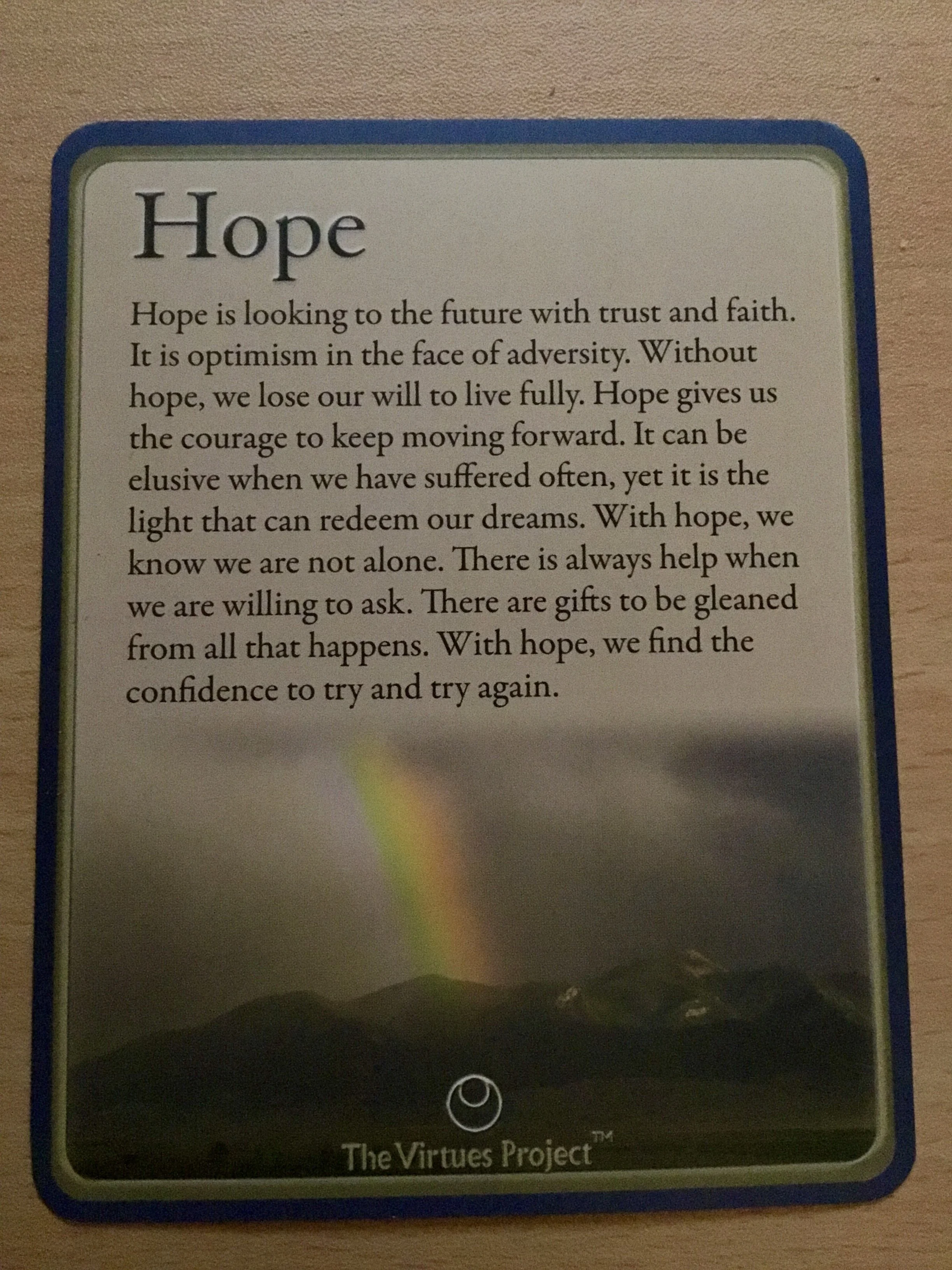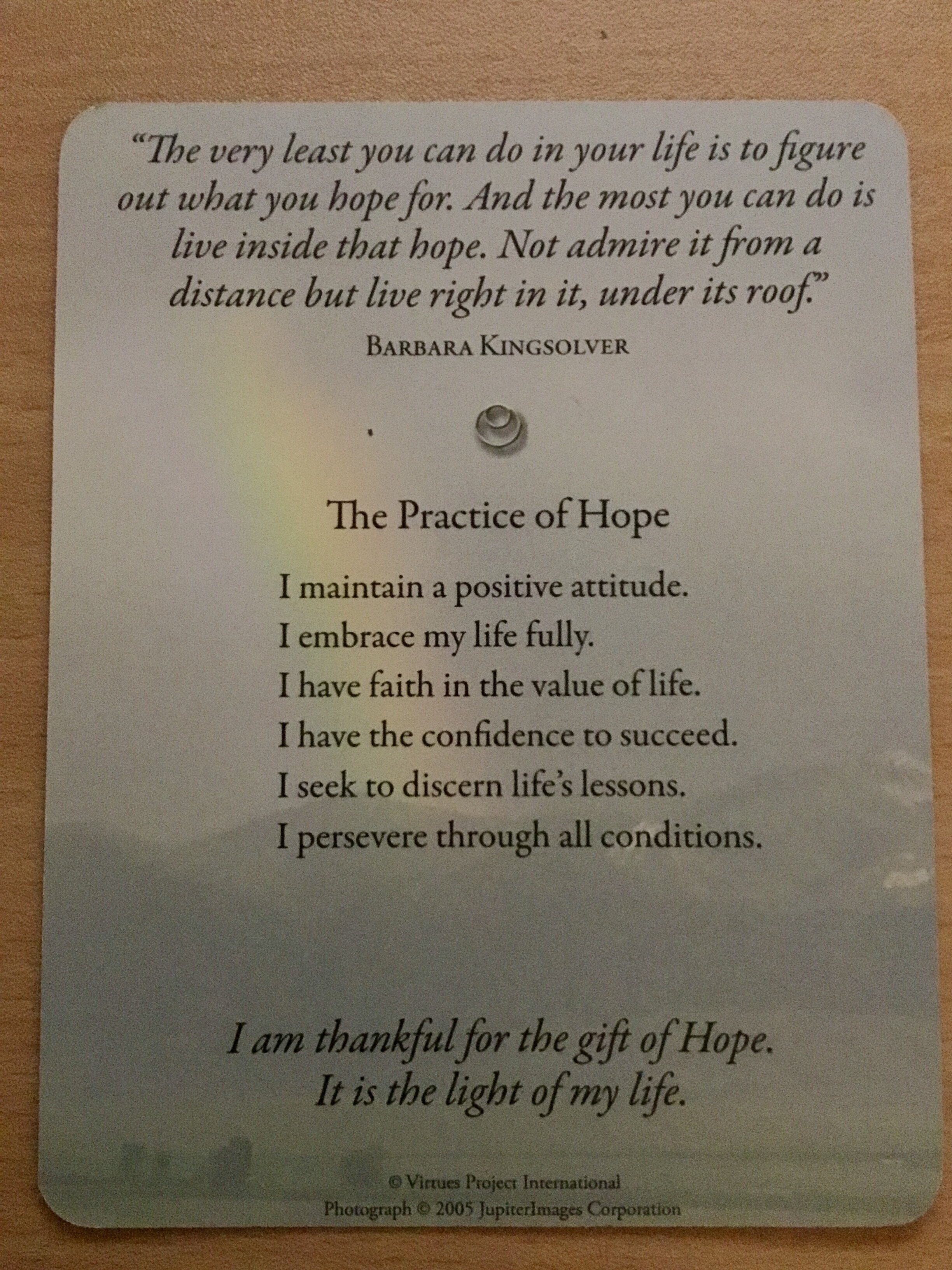Meniere’s, Hope and Despair
March 11 2018
While technically I am single, it feels like for the last year I have been in a relationship with Meniere’s Disease. It has been a pretty brutal relationship — I could say an abusive relationship, if I was being glib, although, as has recently become apparent, this is not a topic that one should be glib about. But it has also taught me a lot, about a lot: lessons that I don’t know how I could have learned any other way; lessons that are in a large part independent of how my relationship with Meniere’s finishes, if it is to finish. This is Part 1 of me attempting to describe these lessons — because, as you will see, Meniere’s is one hell of a lemon, and a sufferer must create lemonade by whatever means they have available to them.
On the 7 of February, 2017, I was at work, and started to feel light headed. It wasn’t really dizziness, but more disorientation. It had happened a few times before, but had passed after a time, generally filled with closed eyes and deep breaths. This time, it didn’t subside: the nausea started to build, and I could tell things were about to get messy. Thank God for the 960 bus, high frequency from my workplace of Curtin University to virtually outside my front door in the CBD of Perth, because I only just made it through the door and to the toilet in time.
Obviously I can’t compare it to other examples of acute sickness, but it was pretty horrific. I acutely remember the realisation of preferring to be dead rather than staying there for much longer, or having to go back there on a regular basis. There was some sense that I was actually dying, and that is what it must look like to anyone watching on, which thankfully there wasn’t. One could perhaps compare it to the aftermath of drinking too much, but without the logic of cause and effect: knowing that you arrived here for a reason and deserve it, and confident in the knowledge that it will soon pass, and that it is in your power to never feel like this again. There were deals made with God.
To top it off, in the aftermath, something really weird happened. A few hours after the worst of it, I was recovering on the fold out bed, under the air con. And it started to rain on me (cue that song by Travis). No, literally; water came down from the sky. Turns out the air conditioner filter had clogged up, and the water that had built up as a result was now overflowing onto my head. I think it was at that stage that I called mum and asked her to come pick me up. The whole experience felt like some divine wake up call: to be thankful for my health, and remember who is in control, finished off with a practical joke to lighten the mood.
It took a while for it to click that something might actually be wrong. At the end of March I went on a holiday through Europe for two and a half weeks, and don’t remember thinking about it. After I got back, I was house sitting my parents, watched the footy on Good Friday with some friends, had a few beers, ate some dodgy mushroom risotto in the fridge after they left, and felt another attack coming on pretty much straightway. This was concerning, but I also reasoned it, due to the dodgy risotto, and also reminding me why I don’t have more than one drink at a time anymore.
The next time it happened was the 22nd of May, so about 5 weeks since the previous attack, down from over two months between the first two. It was also especially brutal this time. Luckily, I was at my parent’s house this time, with them home. They called an ambulance, which came promptly, thankfully. After checking me out, and finding everything to be ok, aside from the obvious, they rather casually yet ominously suggested they have seen this before, and that you may have to be prepared to live with it.
After this gloomy prognosis, I went to see my GP, who suggested I had Meniere’s Disease, whose symptoms include tinnitus (ringing in your ears), rapid onset vertigo and nausea, and in worst cases hearing loss. This sounded about right, which was a brief relief. Unfortunately, Meniere’s seems relatively notorious in the medical profession for having no known cause, and no known cure — sufferers are merely given advice on how to manage the symptoms, including the often acute anxiety that comes with its seeming randomness.
My GP referred me to one of the leading inner ear medical specialists in Perth. After explaining my symptoms, I informed him that I had done my research (which I had plenty of time for given the 2 month waiting list), that I understood the lack of understanding of the disease, and was exploring all my options, including seeing a cranio-sacral therapist. This seemed like relevant information: I had headache issues when I was younger, probably caused by dental work that altered the basic structure of my skull, which the cranio-sacral treatment (subtle manipulations of the skull to provoke subsequent autonomous structural realignments) had helped greatly with back then. Given the assumed but not proven cause of Meniere’s is abnormal pressure in the inner ear, such pressure might logically be provoked by structural changes affecting the inner ear. He didn’t seem particularly interested, or had no idea what I was talking about, and moved straight on. I also showed him the pills that mum had given to me, based on the ‘fever-few’ plant that has had some positive impact on people with severe migraines and the associated nausea symptoms. He seemed on firmer ground here: having realised that he had just been presented with a natural-ish therapy (good thing I didn’t tell him mum is a homeopath), he was quick to make me aware of his skepticism, and cautioned me to be careful of these alternative approaches.
Among other things, I am thankful to Meniere’s for revealing the limitations and hubris of conventional medicine. Before the first cranio-sacral session, the therapist wanted to know any information that could be relevant — not just about the attacks, and about other treatments, but about my life in general. This was nice, and I was happy to oblige, with some strategic too-personal omissions. Afterwards, she suggested that I was completely, utterly, holistically ‘clogged’; she suggested I change anything in my life that was in my control to help with said blockages, and that it would be good if I came back for a follow up session sooner than she would normally recommend. Yes, I know, they would say this, but it still felt good: for the whole year at least, back to before the first attack, I had back and neck pain and also felt slightly rubbish at a subtle spiritual level, all of which would indicate that my general alignment and energy flow wasn’t right. The session, almost 2 hours in total, cost $80.
What I got from the conventional doctor was less helpful. After an initial 15 minute $538 consultation, referred to for a $520 MRI scan and $312 hearing and balance test, a final $168 consultation confirmed that yes indeed I was diagnosed with Meniere’s Disease. I was informed not to despair, as there were things that could be done about it. This turned out to be the single thing of eating less salt, as it seems (and as all the relevant websites and support groups also make clear) high sodium levels can trigger vertigo attacks. So, over $1500 for one suggestion, itself public knowledge and in line with basic dietary advice, which is limited to preventing the onset of attack, the symptom, rather than targeting in any way the underlying cause of the illness. If it gets really bad, well, then we can look at surgery, although only in specific cases. And, don’t forget, you would be silly to try other, non-proven options. I was then booked in for a check up appointment, of course. With an established, profitable system in place for dealing with cases such as this, there must be little appeal in considering factors that are outside of and challenge this system.
In discussions around medicine — which I try and follow despite having no relevant expertise in medicine, perhaps a subconscious effect of being allowed to slightly misleading call myself a doctor — I have seen actual doctors often citing the attention and care given at an individual patient level, and also for just offering hope, for why more people are seeking alternative treatments, while often dismissing the efficacy of the treatment itself. I have seen this a lot with particularly reference to homeopathy, where the level of smugness and condescension is often quite something to behold (although perhaps this is just what happens when you read The Guardian and its comments section too much).
I’m sure there are conventional practitioners who understand the value of this personal aspect, and I’m also sure there are some alternate practitioners who provide this element without the necessary expertise and knowledge of their specific treatment. But in my individual case, the difference in seeking to understand a patient and their life on a personal level, rather than dealing with yet another component in a well-oiled box ticking and payment transferring machine — the difference in the number of shits given basically — and the difference this can have on the patient, could not have been more stark. How could one be blamed for turning towards despair, if this conventional system for getting better was all that they knew? Why should I have hope for getting better if you offer me no explanation for why I feel like this, and no tangible way to change it aside from basically cutting chips out of my diet? I consider myself extremely fortunate to have access to this alternative world, which many people still consider a fantasy.
After the third attack, having received the prognosis of Meniere’s and amidst the two month wait to see the specialist, I remember things being pretty grim. By this stage, there was a haze of nausea hanging over me that came in and out of view from day to day, which I think was both a more general symptom of Meniere’s, as well as my mind being on constant alert for the next imminent attack, and amplifying any potential warning signs. That was when my mum suggested I see the cranio-sacral therapist. I must have been a bundle of negativity when I walked in, and the therapist could obviously see that. One of the first things she said to me was to just have hope — hope that things could get better; that for things to get better I needed to have hope. About halfway through the session, at a specific moment, I felt something change. It was a turning point, like a little switch being flicked from general pessimism to general optimism.
Whether this was real or placebo, if those two can be fully separated, seems beside the point now. Having this hope that I could actually get better, that maybe this wasn’t something I just had to live with, allowed me to look and find signs that I may actually be getting better, and that things weren’t as bad as they could be. It allowed me to see that, despite the overall brutality of Meniere’s, I was being spared the worst possible impacts of the attacks on my life; it seemed that I was still being protected.
At around this time, I started to keep a diary documenting the timing and main features of each attack. The first attack after seeing my GP, and a month before seeing Mr. Inner Ear Specialist, was on the first of July, which was a Saturday: “started around 11am, lasted until mid afternoon, before sleeping until the evening. Able to do children’s classes the next day”. The timing was notable: on the afternoon of that Sunday, the next day, I was away at a 4 day Baha’i youth camp, and on return found myself under a sudden avalanche of work as I started my first fixed-term teaching contract. It had to be that Saturday, and it was. It made me think back to the timing of first attack: not just seeing in my beloved 960 bus the true beauty of good public transport, but in that it occurred only a few days after a trip to Esperance, including sharing a car on the 8 hour drive back to Perth. And the second attack, which waited over 2 months until I was back from Europe, including the long haul flight home. They could have been so much worse, but they weren’t.
The next attack was on Aug 8, two days after my birthday, which was a Sunday. I had planned a dinner with family and friends, which was important for several reasons. I remember heightened anxiety leading up to it: the date was bang on the 5 week mark, which was the gap between the previous two attacks. I made it through that night, and then my first ever 3 hour lecture the next day. On the way out of the lecture, I had a completely random and ridiculous non-Meniere’s related confirmation of the previous night’s dinner, which I can’t do justice to in words. Looking back now, it was probably this event that allowed me to start making sense of the other confirmations that had unfolded in my life.
The attack hit early the next morning, on the only day of that week with no work commitments. Also, the severity of the attack itself suggested things were improving: “started at 2am, lasted till around 4am before sleeping until 8am. Ate breakfast at 11am and able to do marking”. Those familiar with marking will appreciate the capacity to undertake said activity as a solid indicator of one’s current mental functionality. It’s hard to tell whether I was actually getting better, or whether the attacks were the same but that, having this hope and seeing these growing confirmations, life in the aftermath this time just seemed a bit more manageable.
In Baha’i children’s class, we teach our kids about the virtue of hopefulness. It seems like such a trite subject in many ways, and the theme of the lesson isn’t far removed from slightly cringe-worth self-help preaching: you have the power to change the world with your thoughts, and to shift them from negative thoughts to positive thoughts, in any situation. This seems only partially true, and down plays the role of our environment and the people within it — it still took particularly random events, access to particular resources, and contact with particular people to allow me to see the hopefulness within the despair. Perhaps that is the ultimate lesson I can tease out here: don’t underestimate the potential that we have, maybe just with a few words that to us seem self-evident, to bring hope to other people… or, in the opposite sense, potentially lead them further to despair.


